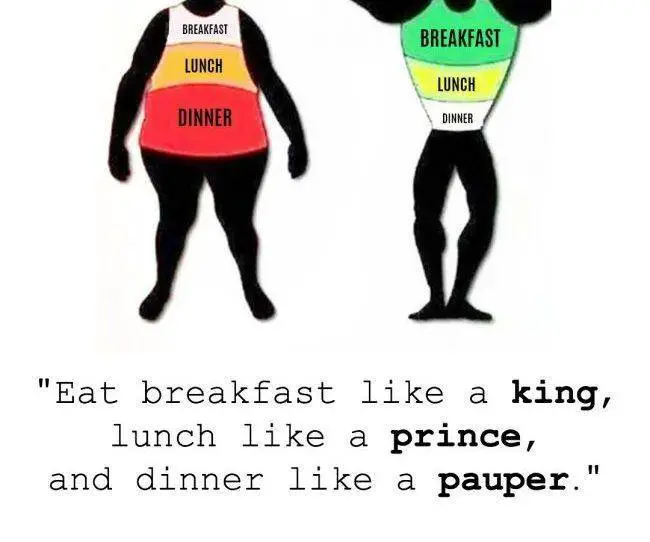It’s a fact that blood glucose is changing. Each time we eat, the sugars found in the food we choose to eat absorb and pass into the bloodstream.
Then, the sugars circulate until the body eliminates them for storage or use. However, those who have type 2 diabetes cannot store sugar.
But, one recent study came to the discovery that the size of portions might change the way our body reacts to glucose, which in turn might help people with this condition get better control over their blood glucose and better numbers.
How Does the Body Control Blood Glucose Normally
When the body gets sugar from the food we eat, it relies on the insulin hormone which pulls sugar into the organs to store or use. The pancreas, an organ near the stomach detects the level of glucose in the blood. Then it releases insulin to counteract it.
Insulin acts mostly in the fat cells, liver, and muscle and signals to collect the sugar which is circulating in the blood. The sugar is stored and can be used in the future when necessary. The insulin accelerates the activity of cells and boosts functions that generally need a lot of energy.
It serves to ensure that the body responds appropriately to high blood glucose by using what it can and storing what is left.
What Happens When Someone Has Type 2 Diabetes
The pancreas in those with this chronic condition doesn’t respond correctly when there is sugar in the blood. It takes higher levels of blood glucose to activate the release of insulin.
As a result, glucose circulates for a long time through the blood without being removed by the organs which are typically activated by insulin.
The body can tolerate high blood glucose in the short run. However, in the long run, if the blood glucose is high for months or years the sugar begins to cause damage.
It can damage the blood vessels, and they won’t be able to function normally. Moreover, it can suppress immunity, so these people will find it more difficult to heal in case of infection and injury.
Study on This Topic
According to a study in Diabetologia, consuming breakfast high in energy, but a dinner low in energy might help improve the control of blood glucose.
The researchers came to the discovery that consuming more calories in the morning and fewer in the evening might lead to 20 % reduced post-meal sugar levels.
Oren Froy, the co-author of the study, said that according to these observations a change in meal timing impacts the overall rhythm of post-meal incretin and insulin daily. That leads to a substantial reduction in post-meal sugar levels daily.
More About the Study
In this study, 2 groups of participants followed different diets. One group ate the “D” diet and the other group the “B” diet. The B diet had around 703 calories for breakfast, 602 calories for lunch, and around 204 for dinner.
On the other hand, the other diet had a reverse plan for eating. In the D diet, there were 204 calories for breakfast, around 602 for lunch, and 702 for dinner.
However, both groups of participants had the same meals. These meals usually included low-carb options such as turkey breast, tuna, salad, scrambled eggs, and yogurt.
The study showed that a big breakfast and a small dinner beneficial alternatives when it comes to the management of the sugar balance throughout the day.
The Opinion of the Co-author of the Study
According to Daniela Jakubowicz, the co-author of the study, the findings might be connected to the idea that insulin sensitivity is naturally higher in the morning, which might cause better responsiveness of the cells to breakfast with higher energy.
Moreover, she said that this dietary adjustment might come with a therapeutic advantage for achieving optimal metabolic control. Also, it’s likely to act as a preventive for related complications.
Remember to consult a doctor before making any changes to the diet.

